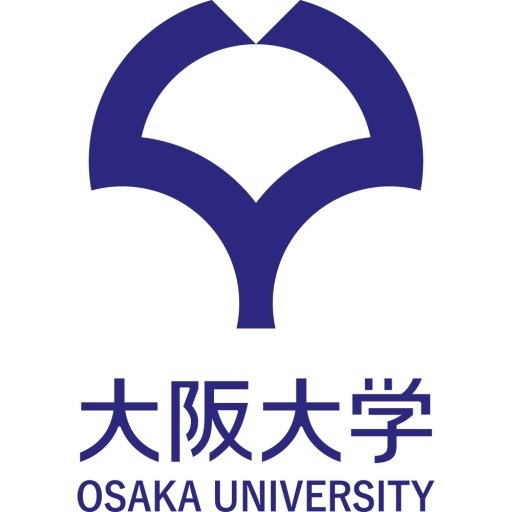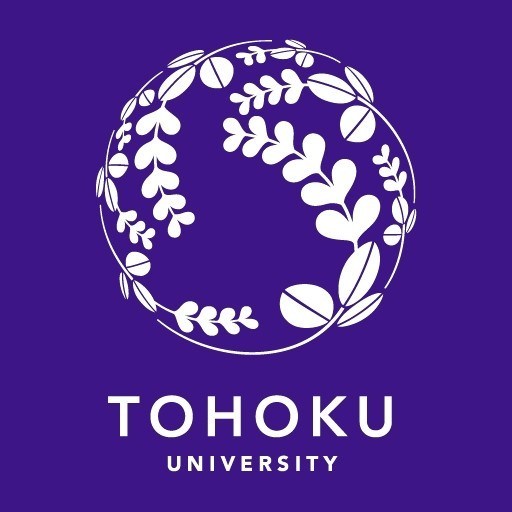Photos of university / #university_of_tsukuba
The Bachelor of Biology program at the University of Tsukuba offers an in-depth exploration of the fundamental principles that govern living organisms and their interactions with the environment. Designed for students passionate about understanding life's diversity, functionality, and complexity, this program provides a comprehensive curriculum combining theoretical knowledge, practical laboratory skills, and fieldwork experience. Students will study various aspects of biology, including molecular biology, genetics, ecology, evolution, physiology, and microbiology, equipping them with a well-rounded scientific background. The program emphasizes critical thinking, experimental design, data analysis, and problem-solving skills essential for careers in research, environmental management, healthcare, biotechnology, and education. Through a blend of lectures, seminars, laboratory experiments, and research projects, students are encouraged to develop their independent research capabilities and scientific communication skills. The faculty comprises experienced researchers and educators committed to fostering a stimulating learning environment. Additionally, the program offers opportunities for international exchange and collaboration, enhancing students’ global perspective and intercultural competence. Graduates of the Biology program at the University of Tsukuba are well-prepared to pursue advanced studies, engage in scientific research, contribute to environmental conservation, or work in various industries related to biological sciences. Overall, this program aims to cultivate knowledgeable, skilled, and socially responsible scientists who can contribute meaningfully to the understanding and preservation of life on Earth.
Students require 124 credits to graduate. Credits are accumulated from a combination of lecture-based courses, practical and field courses, and a final year project. Lectures form the basis for any academic program. Lectures are 75 minutes in duration, with 2 hours of study and revision time assumed for each hour of class time. 10 lectures are equivalent to 1 credit.
In first year, students will take a range of basic classes, to teach fundamental knowledge and develop core competencies. These courses include basic biology, chemistry, physics, and maths. Along side these, students will take liberal arts courses in Japanese language, as well as arts, sports, and cultural courses.
In second and third year, students can start to take major specific courses. Within the College of Biology, these courses range from molecular biology and genetics, through to animal and plant developmental biology, evolution, and ecology. Students are also encouraged to take courses offered by other Colleges in the School, as well as from other Schools. Transferable skills courses help develop competency in scientific writing, poster preparation, and oral presentation. During Spring C of second year, students in biological sciences are expected to attend Basic Biology Laboratory - a week long practical class focusing on teaching a range of basic laboratory skills. Other lab courses are available within the degree, such as the Plant Physiology Laboratory.
In your final year, you will choose a lab and work on a year-long research project. You will be supervised by a specialist in the field, and have access to state-of-the-art facilities. Our labs have a strong family feel, with senior students mentoring juniors to help them with their research.
Research Project |
|
Analysis of Proteosome Associated Protein ECM29 in Immunoproteosome function |
|
Anti-Melanoma Effect of Caffeic acid and Caffeic Acid Phenethyl Ester through the alleviation of Oxidative Stress |
|
Artificial Induction of Olfactory Memory in Fruit Flies |
|
Carbon and nitrogen interactions between Phtheirospermum japonicum /Orobanche minor and host Trifolium pratense |
|
Effect of Ocean Acidification on Coastal Plankton Communities |
|
Plasticity of thermal noiception induced by ambient temperature in Drosophila melanogaster |
|
Spermatogenesis in the Japanese spiny rock lobster |
|
The function and expression of anthocyanin pigments in the carnivorous plant, Drosera rotundifolia |
- Nationality other than Japanese
- Completion of 12 years of school education outside Japan
- Submission of TOEFL or IELTS score (non-native speakers only)
Funding options for the Biology program at the University of Tsukuba include scholarships, tuition waivers, and research grants designed to support both domestic and international students. The university offers a range of scholarships such as the University of Tsukuba Scholarships, which are available based on academic achievement and financial need. These scholarships can significantly reduce tuition fees and provide stipends to assist with living expenses. Additionally, the Japanese Government (MEXT) offers scholarships for international students studying in Japan, which cover tuition, living expenses, and travel costs, making education at the University of Tsukuba more accessible to students from abroad.
Students engaged in research within the Biology program may also have opportunities to secure research grants through university funding initiatives or external agencies such as Japan's Ministry of Education, Culture, Sports, Science and Technology (MEXT). The university encourages students to apply for these grants to support their research projects, covering costs related to experiments, fieldwork, and conference participation. Furthermore, many faculty members actively assist students in obtaining external funding and scholarships through their professional networks and grant writing support.
Part-time work on or off campus is another potential source of income for students, with the university providing resources and guidance on finding suitable employment opportunities that comply with student visa regulations. International students are advised to familiarize themselves with the visa regulations regarding employment during their studies.
In conclusion, the University of Tsukuba provides a comprehensive suite of financing options to facilitate students' academic pursuits in Biology, including scholarships, government funding programs, research grants, and employment opportunities, ensuring students can focus on their studies and research without undue financial burden.
The Bachelor of Science in Biology at the University of Tsukuba offers a comprehensive curriculum designed to provide students with a solid foundation in the fundamental principles of biological sciences. The program emphasizes understanding the diversity of living organisms, their physiological processes, genetic mechanisms, ecological relationships, and evolutionary history. Students engage in both theoretical coursework and practical laboratory experiences to develop analytical, research, and problem-solving skills that are essential for careers in research, healthcare, environmental management, and education.
The program covers a wide range of subjects, including molecular biology, cell biology, genetics, ecology, physiology, and biochemistry. Students are encouraged to participate in research projects and fieldwork to gain real-world experience and to deepen their understanding of biological phenomena. The curriculum is designed to foster critical thinking, scientific communication, and collaboration, preparing graduates for advanced study or professional employment within biological and related sciences.
Faculty members are actively involved in cutting-edge research, and students benefit from their expertise and mentorship. Facilities at the university support a variety of research activities, including laboratories equipped for molecular and cellular research, as well as ecological and environmental studies. The program also offers opportunities for international exchange and collaboration, reflecting the university’s commitment to global scientific standards and multicultural learning environments.
Graduates of the Biology program at the University of Tsukuba are equipped with the knowledge and skills to pursue careers in academia, research institutions, pharmaceutical companies, environmental organizations, and government agencies. They are trained to tackle modern biological challenges and contribute to scientific advancement and societal well-being. The program aims to nurture innovative thinkers and proactive problem solvers capable of addressing complex biological issues in a rapidly evolving global context.








